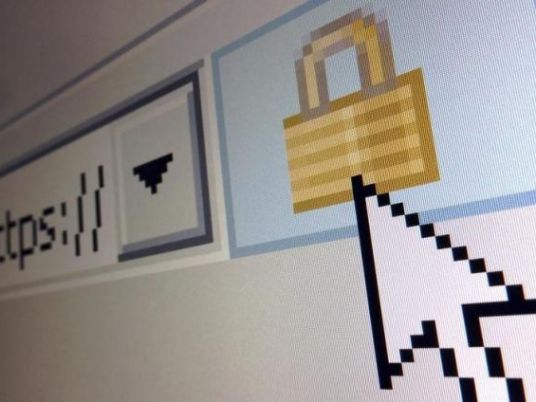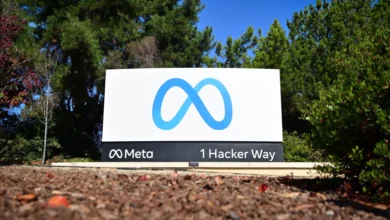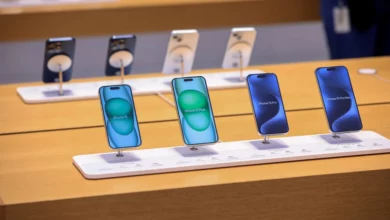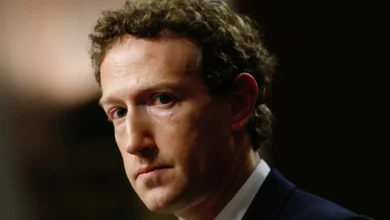
Tech companies plan to display special messages as part of a “Day of Action” on July 12 — an online protest of proposed changes to net neutrality rules that would loosen regulations.
Google, Facebook and Snapchat announced they will join Amazon, Reddit, Airbnb, Twitter and more than 70,000 other sites, organizations and individuals taking part in the online protest, according to Fight the Future, one of the groups organizing the day of action.
The Federal Communications Commission wants to undo regulations passed in 2015 that require internet service providers to treat all online content the same. Without the rules, telecommunication and cable companies could slow down, speed up, or charge more for access to different sites and services.
The exact display will vary from site to site — some will show an image mimicking a slow loading symbol, Vimeo is showing a special video and Firefox will link to an FCC comment page.
Other companies, including Facebook, said they’re participating but are not sharing their plans.
“Internet users will definitely notice which companies are standing up for their rights and which ones aren’t,” said Evan Greer of Fight the Future.
Without the current rules, opponents say a company like Comcast or AT&T could offer faster streaming for video services they own, and slow down content from competing sites or apps. Objectionable sites could be blocked, and faster service could be offered to the companies willing to pay a higher price.
FCC chairman Ajit Pai first announced the proposal in April. The commission voted to move forward with the roll-back in May and is taking comments from the public until next week. Pai said the regulations have a negative impact on businesses and decrease innovation and investment in infrastructure.
The majority of tech companies and websites disagree.
However, there are a few in favor of the proposed changes.
“Net neutrality has serious implications for the adult entertainment industry, particularly the online porn industry,” Vice President of PornHub Corey Price, said. “Internet service providers could create special fast lanes for content providers willing to pay more. That means slow streaming, which, especially in regards to online porn, is quite problematic as you can imagine.”
In addition to the big names taking part tomorrow, the Internet Association — a trade group for the major tech companies — has made a special site to “save the open internet.” Smaller companies and individuals also plan to join in.
“This is a massive grassroots mobilization,” Greer said. “A lot of the traffic on these days of action comes from individuals with just a few fans on Instagram or Twitter sharing on social media, or from the neat and weird nooks and crannies of the Internet like online gaming forums, discussion groups, YouTubers and and artist communities.”




